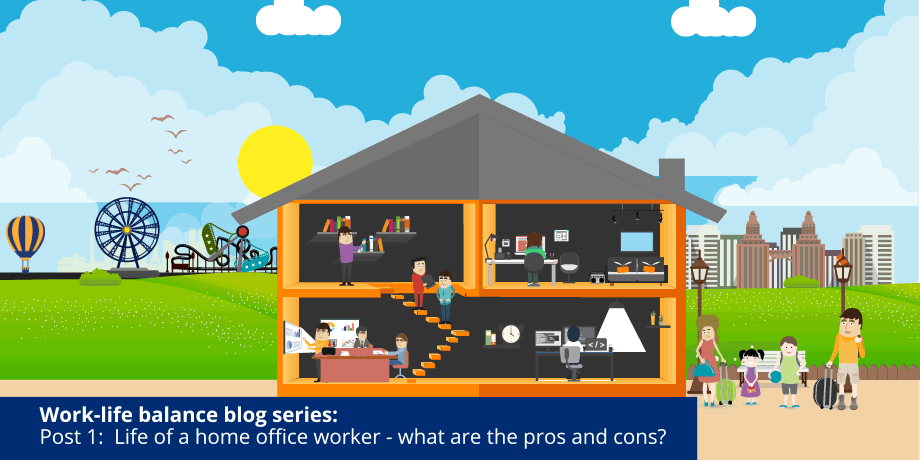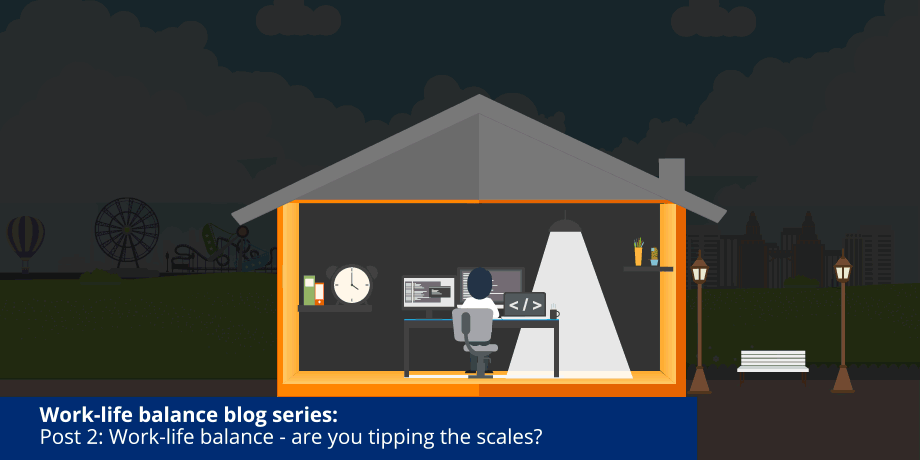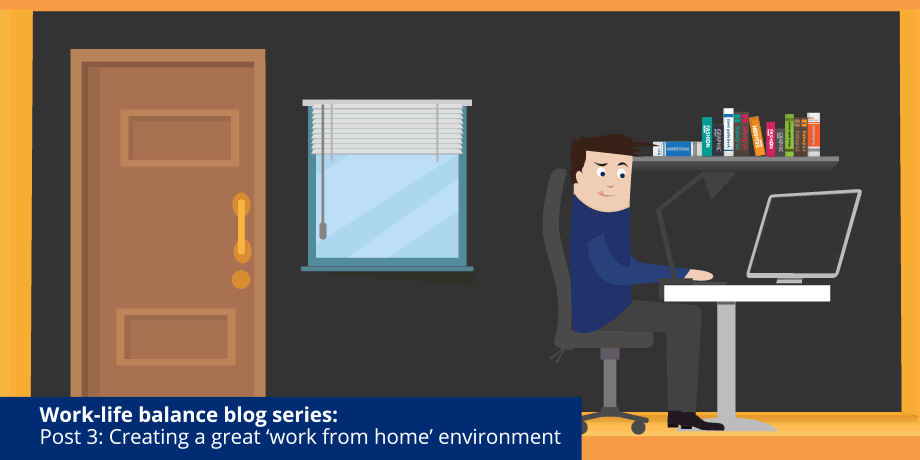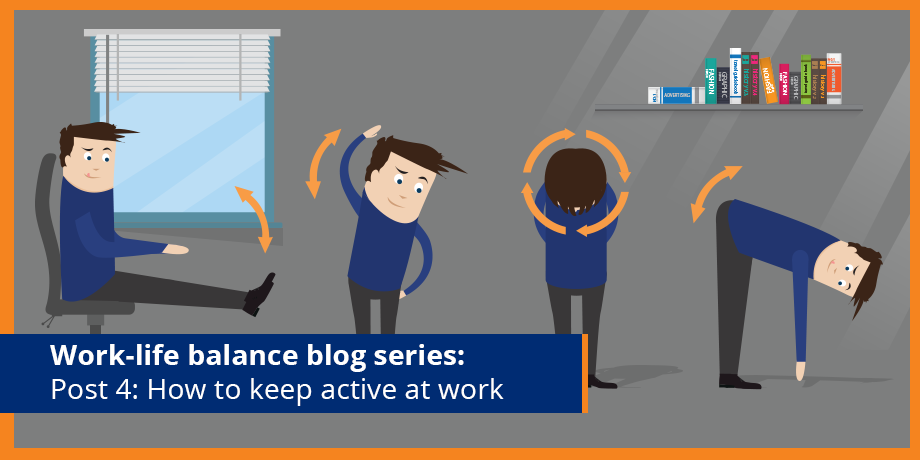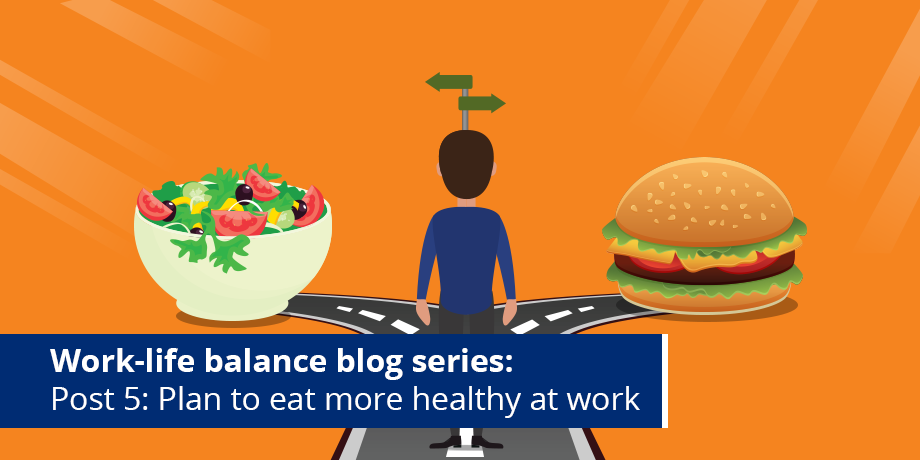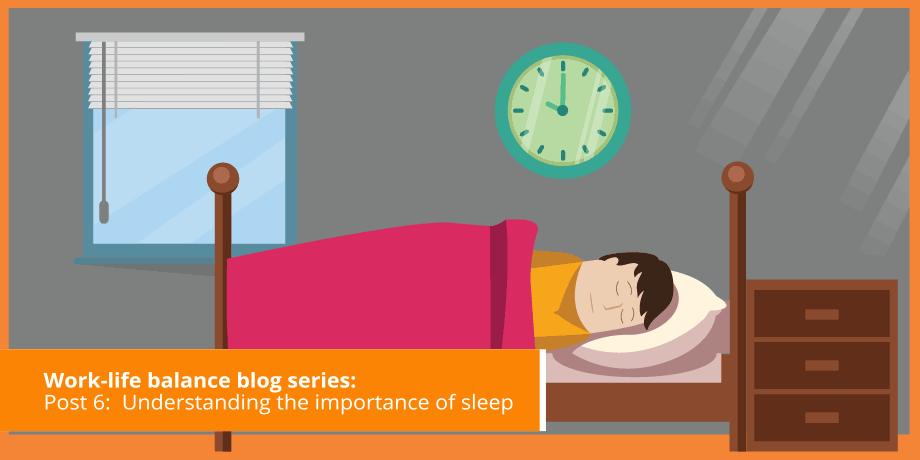
Of all the challenges in achieving work-life balance, sleep is the one I have truly battled to reconcile (evidenced by the fact that contrary to my own advice, I am writing this at 9:30pm).
I don’t suffer from an inability to sleep, it’s more a case of wanting to stay awake, because I really enjoy the night time. As a kid, I would fight the urge to sleep in favor of reading a book. As a teenager, my alternative to sleep was video games. Today, I just really enjoy the peace that comes when the kids are in bed and the phone has stopped ringing.
There is a consequence of avoiding sleep, however, that goes beyond low energy levels and being a morning grump.
Lack of sleep can have serious consequences
It turns out that we have a hormone floating around in our blood streams called cortisol that naturally fluctuates during the day – high in the morning and low at night. When the levels are lowering, we should be tired and getting to bed; when elevating, we should be waking up.
This hormone does many things: it helps our livers process glucose and our immune system ward off inflammation. Cortisol also helps with absorption of electrolytes, works with the brain to help memory, and if you’re pregnant, it helps to develop the baby’s lungs in the last trimester.
What happens when we mess with this fundamental hormone in our body?
Consequences can include serious illness, such as Type 2 diabetes, heart disease, mental problems, digestive problems and more.
The real kicker is that the levels flare up during particularly stressful times and if you’ve read the preceding posts in this series, you’ll understand how we’ve created a vicious cycle involving stress-induced, elevated cortisol, which in turn affects sleep and so on.
The problems compound rapidly. You may have your diet and exercise regime in check, but without a good night’s sleep, you aren’t giving your body time to repair itself.
Sleep is my weakness, and I have to constantly work on achieving a balance. Here is some advice from the experts:
- Don’t drink anything with caffeine in the afternoon
- Restrict exercise to at least 3 hours prior to bedtime
- Watch TV in a room other than your bedroom (DO NOT fall asleep watching TV)
- Turn off electronic devices, and don’t check email right before bed
- Make sure that there are no light sources in your bedroom, even a small LED on a phone charger is enough for your brain to notice (electrical tape is your friend here)
- Make sure your room is cool, turn on the air conditioner or the fan
- Stick to a schedule, and be strict about it. Unfortunately this means no sleeping in on weekends.
The same as we do with our day to day work schedule, we need to get into a habit of a sleep schedule. Once we perfect that schedule and stick to our exercise and other stress reducing routines, our productivity at work will improve and further help with that essential work-life balance.

Katrina Scott
Striatan
“I have always had a passion for reading since high school and so I made sure to always read to my kids. Every evening I’d read them a bedtime story and before I ever got to finish, they would be out cold. It got me thinking as I re-joined the workforce and started taking my job home – I needed to escape, so I can relax and detox from the daily stresses of work and life.
So, I went book shopping for fun topics I love and although I last a bit longer than my children, I find I’m less stressed and dreaming of my books and not my schedule the next day.”
Did you enjoy the read? Then be sure to subscribe to our blog to receive more great posts from our expert bloggers.




